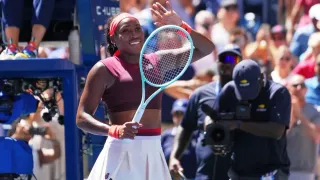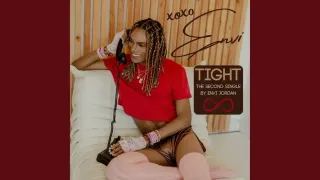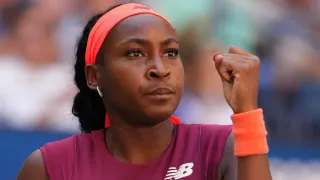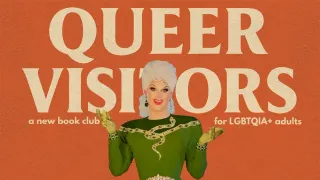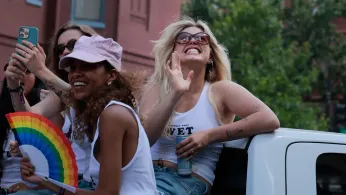
Jul 20
Reneé Rapp’s Lie Detector Laughter: Pop Star Admits She Can’t Quit Flirting
READ TIME: 2 MIN.
Reneé Rapp, the openly queer singer-songwriter celebrated for her powerful vocals and unapologetic presence, once again made headlines after her appearance on Vanity Fair’s Lie Detector Test. The segment, released on July 15, 2025, quickly captured attention across LGBTQ+ spaces for its blend of humor, candor, and unmistakable queer joy.
For many fans, Rapp’s flirtatious persona is not just part of her music but embedded in her public identity. Leading up to the interview, she had publicly mused about “working on not flirting as much,” referencing her partner, musician Towa Bird, who she affectionately claims has her “outflirted”.
During the polygraph segment, Vanity Fair’s interviewer playfully pressed Rapp on her self-imposed vow. Rapp, ever honest, confessed with a smile: “Really? Not good. I can’t believe I said that.” Her candor was met with laughter and further questioning about whether she inadvertently flirts and regrets it. Rapp responded, “I’m literally flirting with you right now. You feel it.” She went on to admit she “totally” flirts with people unintentionally, even as she gamely tried—unsuccessfully—to compliment the polygraph operator’s shirt without sounding flirtatious.
Rapp’s exchange was more than comic relief. For many in the LGBTQ+ community, her willingness to be authentically herself in mainstream media is a powerful form of visibility. Throughout the Lie Detector Test, Rapp discussed her career, her fandom, and her relationship with her identity. She joked about being “afraid” of her “white 16-year-old bisexual” fans and openly speculated about the polygraph operator’s sexuality—a moment that further endeared her to queer viewers for its blend of humor and recognition of shared experience.
Her unfiltered approach, including discussing her partner and her own flirtatiousness, underscores the importance of LGBTQ+ celebrities who don’t shy away from their identities or the nuances of queer relationships. For queer youth and adults alike, seeing someone like Rapp navigate fame and relationships with honesty offers affirmation and representation in a media landscape that often expects conformity or restraint.
The interview quickly went viral on platforms like TikTok, Twitter, and Instagram, with fans remixing Rapp’s responses into memes and sharing clips under hashtags such as #ReneeRapp and #queerjoy. Commenters praised her “game,” her authenticity, and her refusal to tone down her queerness for a broader audience. The segment, while lighthearted, also sparked conversations about boundaries, queer flirting, and the complexities of public personas for LGBTQ+ artists.
Rapp’s interaction with Vanity Fair comes at a time when LGBTQ+ representation is under renewed scrutiny, with many advocates emphasizing the need for nuanced, joyful visibility. Rapp’s honest and humorous approach exemplifies how queer celebrities can blend advocacy and entertainment, creating space for laughter and relatability while affirming diverse identities.
Beyond her music—her new album “Bite Me” is set for release August 1—Rapp’s public persona and interviews have increasingly centered on themes of openness and pride. Her playful failure to “not flirt as much” is, for many fans, just another example of her commitment to authenticity and joy.
As queer icons like Rapp continue to challenge expectations and celebrate their identities publicly, they carve out much-needed space for LGBTQ+ audiences to see themselves reflected in mainstream culture—not just as advocates, but as individuals allowed to be messy, funny, and real.

